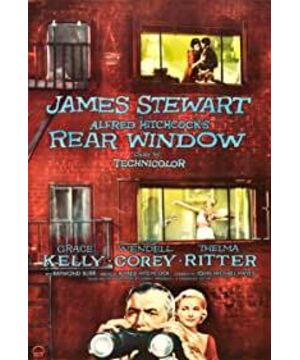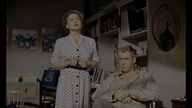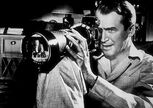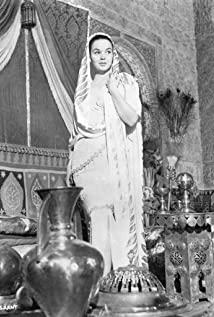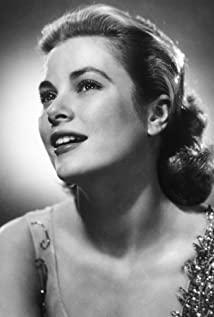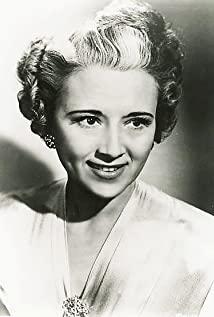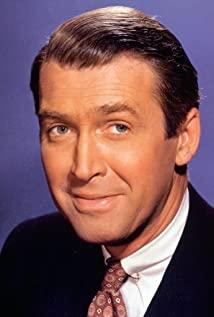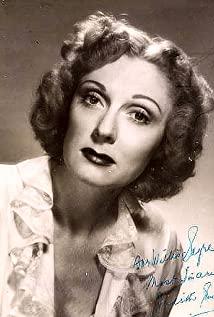I just saw a movie review, and I think the angle is quite novel. From the perspective of love, I have some experience combined with the recent ending of a relationship. Quoting and commenting:
————————————————————————————————
What kind of active power does this man in "Rear Window" have? Woolen cloth? All his power seemed to be the power of seeing, his body and his movements were severely restrained, and when the salesman, whom he had been spying on, came to his room in person to kill him, he even Can't escape. On the contrary, his girlfriend, the heroine, is a person with super action ability. She not only shares the right to watch everything with the hero (she peeps the life of a salesman with the hero, and their subjective viewpoints often overlap with each other). ), and she actively participates in the event rather than just "watching", digging up dead bodies in the garden with the male lead's female nurse, and sneaking into the salesman's room to find evidence. None of these actions were directed by the male lead, who has been against her doing it, but she clearly enjoys it.
According to Mr. Li Xun, the narrative of classic Hollywood often has two lines, one is the career line and the other is the emotional line. The two lines push each other and come together at the climax of the film. In this film, there are obviously two lines like this. The career line is the detection of the murder by the hero and heroine, and the love line is the love between the hero and heroine.
The hero and heroine love each other, and the woman is even more proactive, while the man has been cowardly avoiding it because she feels that the heroine is too noble to live with him. This kind of fear of professional women prompts the heroine to become the female image in his imagination in order to gain the love of the hero.
The heroine completely disbelieved the hero's speculation about the murder at first, but when she saw the salesman packing the box, she suddenly completely believed the hero. Maybe she's also suspicious, but I'd rather think that she's suddenly enlightened, and this is an opportunity, an opportunity to transform her into the ideal female image of the hero. Since then, the heroine has been very actively involved in the event, and when she goes to the salesman's garden and room in person, she also becomes the peeping object of the hero, and from the hero's point of view, she becomes the A woman who is full of adventure, wit, and action. This image is what the male lead expects and appreciates, and when he finds out that the female lead possesses this image, he inevitably falls in love with the female lead.
At the end of the film, when the male protagonist falls asleep and he cannot continue to stare. The heroine put down the detective adventure novel in her hand and picked up the Harper's Bazaar magazine that she really wanted to read. So we understand that all her actions are just to satisfy the stare of the male protagonist, to cater to the male protagonist's imagination of the female image. She is actually the same as Judy in "Vertigo". They both make themselves into the image of the male peeping in order to get the love of the male.
Therefore, the heroine in "Rear Window" seems to be active, but in fact she is passive, because her actions are all to cater to the peeping of the hero. The male protagonist seems to be passive, but as long as he has the power to look, as long as he acts as the gazer, he can manipulate women and change their images with his gaze. Maybe the salesman didn't kill his wife either? But in the questioning stare of the male lead, the salesman is unmistakably a murderer too. That's the power of staring.
————————————————————————————————
This explores the question of whether, in a relationship between men and women, there should be a person who is born to act as a The role of the dominant one, while the other can only be passively accepted or changed to become an image in that person's mind. It is undeniable that this role is mostly assumed by women. No matter how rich, beautiful, gentle, intelligent, and ego you are, you will eventually put on a mask for love and become a blind, docile, swallowed, and self-abandoned character.
But the film's portrayal of women's psychology also amazes me. The heroine seems to be a bit stupid, and is in a dominant and disadvantaged position in dealing with things and in dialogue with the male protagonist. But her psychological transformation is indeed in line with the psychological activities of ordinary women.
She didn't believe what the man said at first, or thought it was absurd, but she suddenly realized that maybe the truth of what he said was not so important, and it was important to become an alliance with him. At first, she didn't fully believe it, and she also had some doubts, but after the detective came, she took this opportunity to be completely in the same camp with the man.
Later, she felt that it was better to take the initiative instead of sitting still, and she took a bold risk regardless of personal safety. It can also be seen that if a woman really loves, she is willing to take risks, regardless of the man's status, wealth background, she is willing to take risks. To take the risk for love. In the end, the heroine's sincerity, bravery, wit and adventurous spirit won the love of the hero. But the end of the film still feels a little bleak. When the heroine saw that the hero fell asleep, she changed into the fashion magazine she really liked. How much do women need to give up and change in love? In other words, this relationship has never changed. Men are voyeurs and are in a strong and dominant position, while women are voyeurs and are in a weak and dominant position.
But if the heroine changed her mind a little, the story would be meaningless.
View more about Rear Window reviews


